Keynote speakers
| Dec. 16 (Sun) | 13:00-13:50 | Prof. S.Y. Song |
| Dec. 17 (Mon) | 13:00-13:50 | Mr. Y. Akagi |
| Dec. 18 (Tue) | 10:00-10:50 | Prof. M.W. Spong |
| Dec. 18 (Tue) | 11:00-11:50 | Prof. A. Borisov |
| Dec. 18 (Tue) | 13:00-13:50 | Dr. G. von Wichert |
Dec. 16 (Sun) 13:00-13:50:
Future expectations in GI endoscopy : competition with other novel surgical and diagnostic techniques
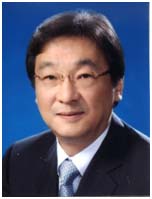 Prof. Si-Young Song
Prof. Si-Young Song
Yonsei University College of Medicine, Korea
Abstract
Speaker Bio
Since 2005 he has been Professor in the Department of Internal Medicine and the Department of Pharmacology, Yonsei University College of Medicine, Seoul, Korea.
He is Board of directors of Committee of High Technology Medical Cluster in the Office of Prime Minister, Board of Editors of J. of Gastrointestinal Cancer, World J. of Gastroenterology, World J. of Gastrointestinal Endoscopy and World J. of Gastrointestinal Oncology, and President of Korean Society of Gastrointestinal Cancer.
His main research interests are in gastrointestinal cancer (pancreas, stomach, biliary, liver, etc), cancer stem cell, biomarker and drug development for cancer, personalized targeted cancer therapy, therapeutic Endoscopy for GI cancer, capsule endoscopy and GI cancer early detection, and medical devices with fusion technology.
Return to the top of this page
Dec. 17 (Mon) 13:00-13:50:
Challenge the Limits of Internal Combustion Enginee (Innovation in Diesel Engine Technologies)
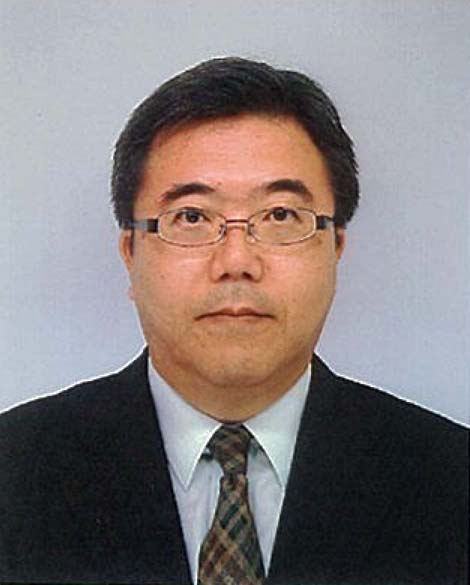 Mr. Yuji Akagi
Mr. Yuji Akagi
Mazda Motor Corporation, Japan
Abstract
The idea of lowering a compression ratio as a means to gain high thermal efficiency while reducing soot by lean combustion and NOx by low-temperature has been pursued for some time. However, the idea could not be commercialized due to its essential problem with poor ignition performance under cold conditions. Through the development of SKYACTIV-D, Mazda solved the problem by employing new technologies for injection system, turbo-charging and valve train, and succeeded in adopting a low compression ratio (14.0).
Mazda also developed highly-responsive technology for idle stop and incorporated it into SKYACTIV-D. The feature of the technology is that the piston stop position in a cylinder can be accurately controlled at the time of idle stop and a rich mixture favorable for combustion can be produced at the time of engine restart.
With the two technologies above as pillars for getting new functions, Mazda was able to develop an innovative, highly-efficient and clean DE and introduce it to the market.
Speaker Bio
Return to the top of this page
Dec. 18 (Tue) 10:00-10:50:
Some Issues in the Control of Networked Robots
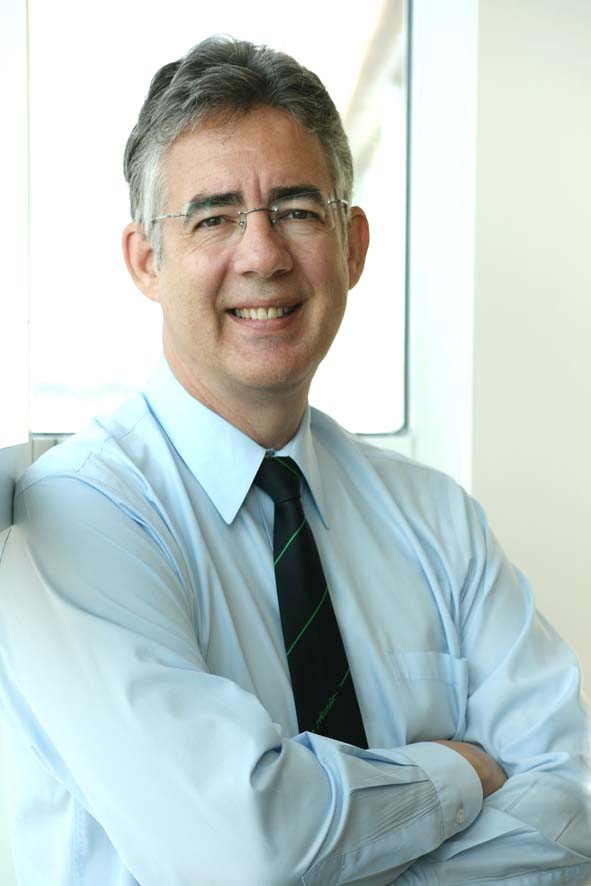 Prof. Mark W. Spong
Prof. Mark W. Spong
University of Texas at Dallas, USA
Abstract
Speaker Bio
Dr. Spong is Past President of the IEEE Control Systems Society, a Fellow of the IEEE and has served as Editor-in-Chief of the IEEE Transactions on Control System Technology. He was Vice President for Publication Activities and a member of the Board of Governors of the IEEE Control Systems Society.
His main research interests are in robotics, mechatronics, and nonlinear control theory. He has authored or coauthored nearly 300 technical articles in control and robotics, four books, and holds one patent. His recent awards include the 2011 Pioneer Award from the IEEE Robotics and Automation Society, the 2007 IROS Fumio Harashima Award for Innovative Technologies, the IEEE Transactions on Control Systems Technology Outstanding Paper Award, the Automatica Best Paper Award, the Senior Scientist Research Award from the Alexander von Humboldt Foundation, the Distinguished Member Award from the IEEE Control Systems Society, the IEEE Third Millennium Medal, and the John R. Ragazzini Award from the American Automatic Control Council. In addition, he has twice received the O. Hugo Schuck Award from the American Automatic Control Council for work on hybrid control and control of bipedal locomotion.
Return to the top of this page
Dec. 18 (Tue) 11:00-11:50:
The conservation laws and control theory in nonholonomic systems.
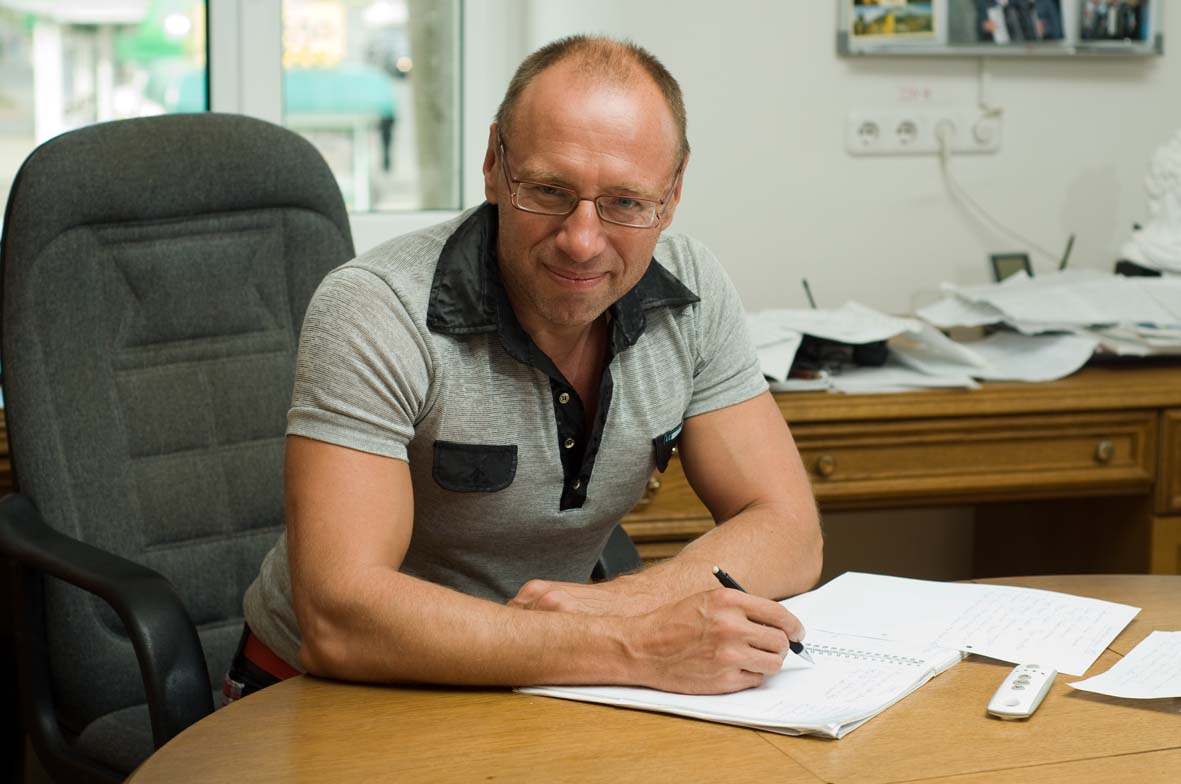 Prof. Alexey Borisov
Prof. Alexey Borisov
Udmurt State University, Russia
Abstract
Speaker Bio
Since 1998 he has been Director of the Scientific and Publishing Center "Regular and Chaotic Dynamics"; since 2002 Head of the Laboratory of Nonlinear Dynamics at A.A. Blagonravov Mechanical Engineering Research Institute of the Russian Academy of Sciences, Moscow and Head of the Department of the Mathematical Methods in Nonlinear Dynamics at the Institute of Mathematics and Mechanics of the Ural Branch of the Russian Academy of Sciences; since 2010 Chief of Department of Laboratory of Nonlinear Analysis and the Design of New Types of Vehicles at the Udmurt State University, Izhevsk, Russia.
He is a Member of the Russian National Committee on Theoretical and Applied Mechanics and the Corresponding Member of the Russian Academy of Natural Sciences; co-founder and associate editor of the international scientific journal "Regular and Chaotic Dynamics"; co-founder and editor-in-chief of "Nelineinaya Dinamika" (Russian Journal of Nonlinear Dynamics). In 2012 Alexey Borisov received the Sofia Kovalevskaya Award for a series of monographs devoted to the integrable systems of Hamiltonian mechanics.
His main research interests lie in rigid body dynamics, nonholonomic dynamical systems, integrable systems, stability of motion, dynamics of rotating fluids and vortex structures, robotics, control of motion.
Return to the top of this page
Dec. 18 (Tue) 13:00-13:50:
Robotics Inside: Integrated Industrial Systems based on Advanced Robotics Technologies
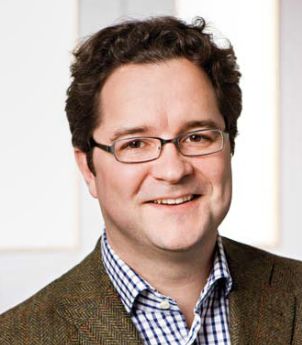 Dr. Georg von Wichert
Dr. Georg von Wichert
Siemens Corporate Technology, Germany
Abstract
Speaker Bio
His research is focused on applications of cognitive systems including knowledge based systems, computer and robot vision, pattern recognition, sensor fusion and robotics.

